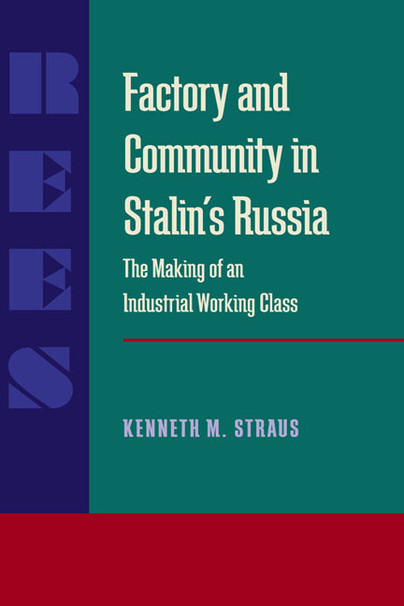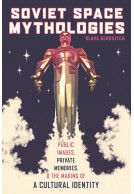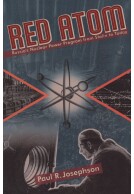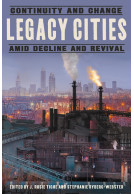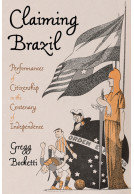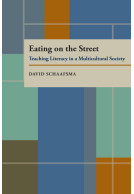Google Books previews are unavailable because you have chosen to turn off third party cookies for enhanced content. Visit our cookies page to review your cookie settings.
Factory and Community in Stalin’s Russia (Paperback)
The Making of an Industrial Working Class
Imprint: University of Pittsburgh Press
Series: Russian and East European Studies
Pages: 378
ISBN: 9780822985846
Published: 15th January 1998
Script Academic & Professional
Series: Russian and East European Studies
Pages: 378
ISBN: 9780822985846
Published: 15th January 1998
Script Academic & Professional
Please note this book may be printed for your order so despatch times may be slightly longer than usual.
You'll be £45.00 closer to your next £10.00 credit when you purchase Factory and Community in Stalin’s Russia. What's this?
+£4.99 UK Delivery or free UK delivery if order is over £40
(click here for international delivery rates)
Order within the next 3 hours, 5 minutes to get your order processed the next working day!
Need a currency converter? Check XE.com for live rates
(click here for international delivery rates)
Order within the next 3 hours, 5 minutes to get your order processed the next working day!
Need a currency converter? Check XE.com for live rates
Kenneth Straus weaves together many threads in Russian social history to develop a new theory of working-class formation in the years of Stalin\u2019s First Five Year Plan. In so doing, he addresses a long-standing debate among historians by suggesting new answers to an old question: Was there social support for the Stalin regime among the Soviet working class during the 1930s, and if so, why?Straus argues that the keys for interpreting Stalinism lie in occupational specialization, on the one hand, and community organization, on the other. He focuses on the daily life of the new Soviet workers in the factory and community, arguing that the most significant new trends saw peasants becoming open hearth steel workers, housewives becoming auto assembly line workers and machine operatives, and youth training en masse rather than occupations categories in the vocational schools in the factories, the FZU.Tapping archival material only recently available and a wealth of published sources, Straus presents Soviet social history within a new analytical framework, suggesting that Stalinist forced industrialization and Soviet proletarianization is best understood within a comparative European framework, in which the theories of Marx, Durkheim, and Weber best elucidate both the broad similarities with Western trends and the striking exceptional aspects of the Soviet experience.
Other titles in the series...
Other titles in University of Pittsburgh Press...







